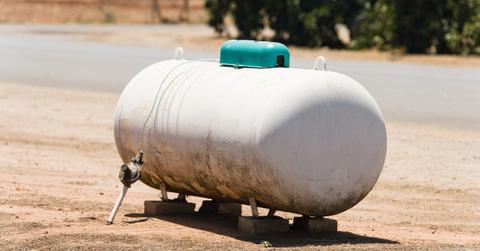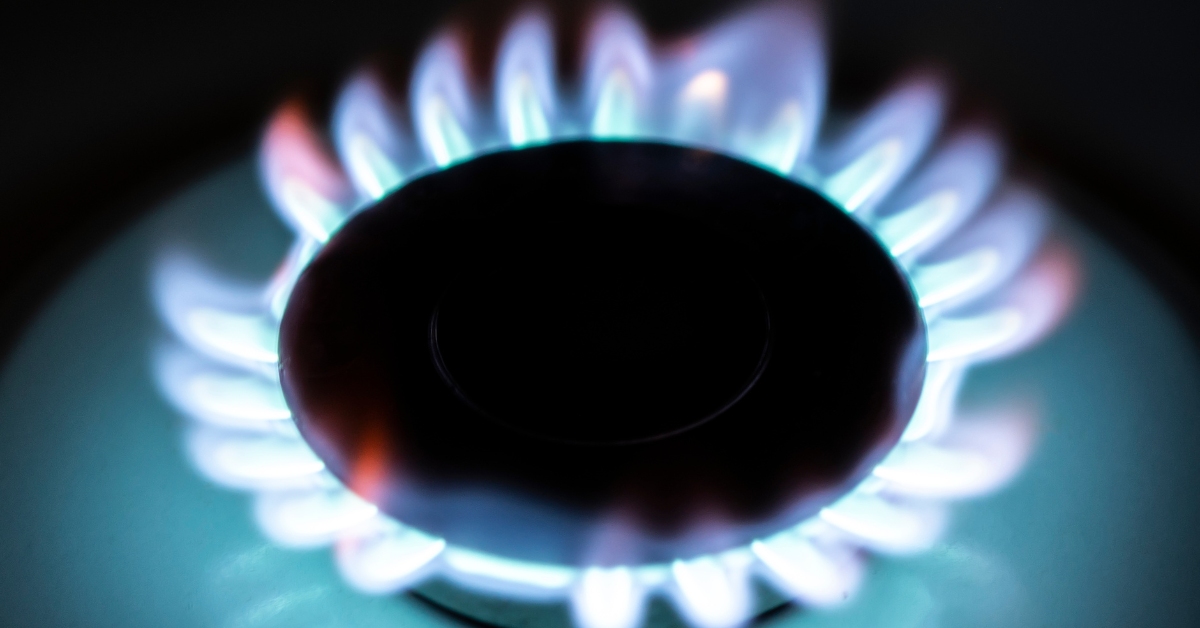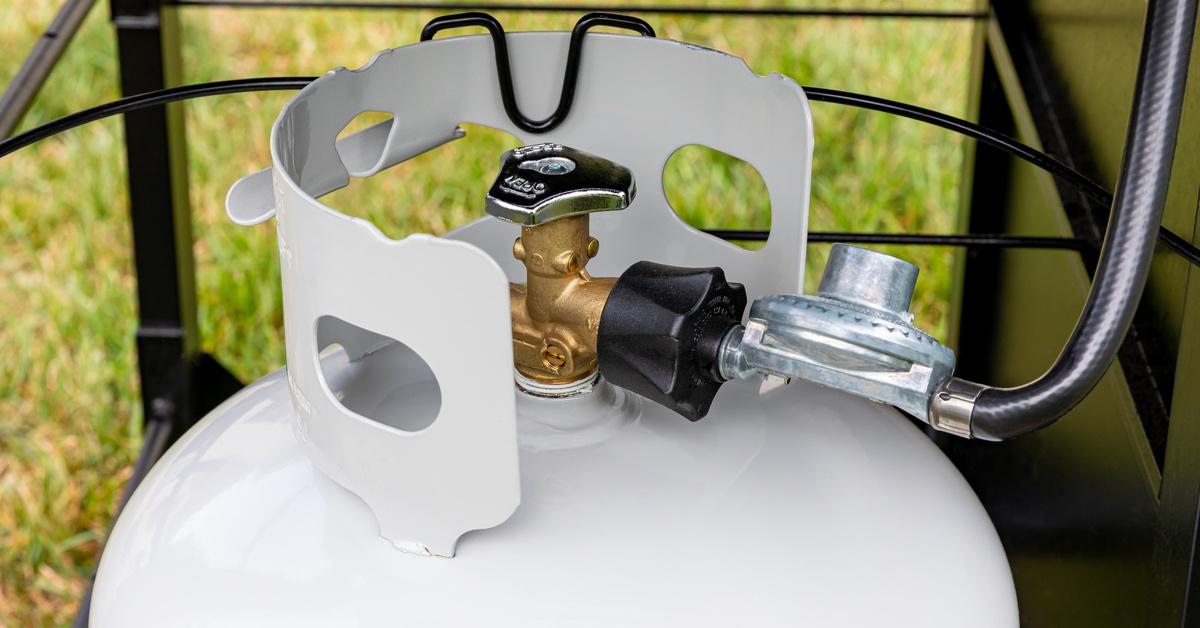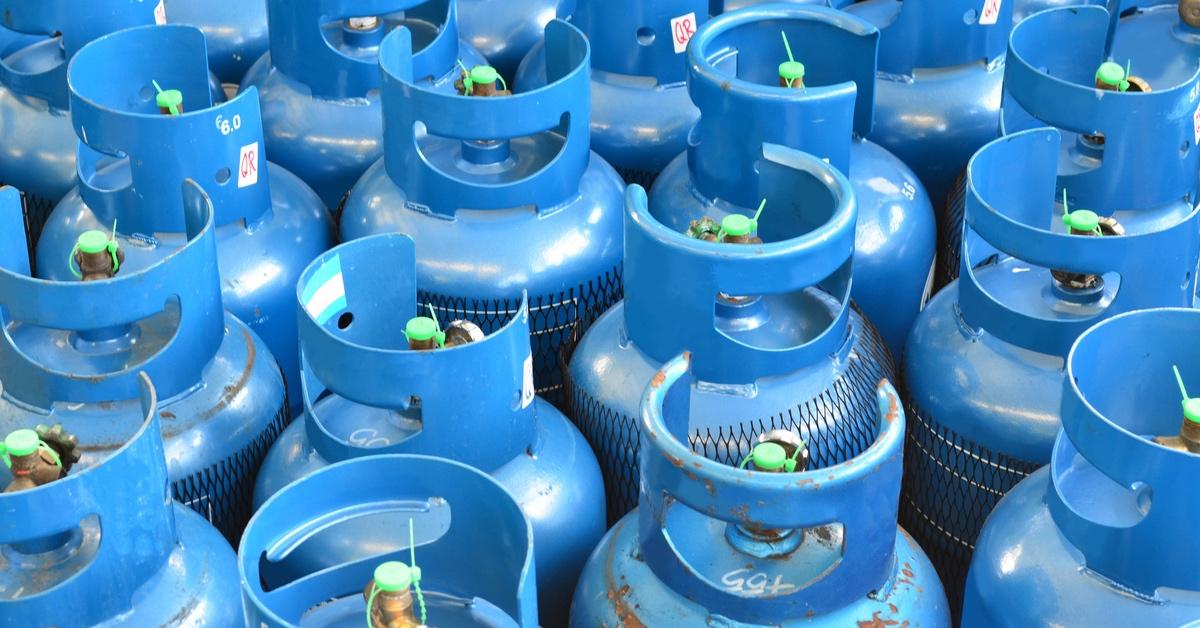Is Propane Any Better Than Fossil Fuels? Everything to Know About This Fuel Source
You may have used propane and not even known it.
Published June 20 2024, 11:40 a.m. ET

Do you know what fuel is being used to power your household appliances? You may be familiar with some of the more common ones — like gasoline, which is frequently used in things like cars and lawnmowers — you may be a little less familiar with some of the other varieties, like propane.
That's not to say that propane isn't widely used (it's what many people light when they fire up the grill). It's just that not everyone may be as well versed in the different properties and uses of this gas. Continue reading so that you can learn more as we answer the question of what is propane and dive into how using it impacts the environment.

What is propane?
The U.S. Department of Energy classifies propane as an alternative fuel since it's not as widely used in automobiles as primary fuels like gasoline and diesel. The chemical makeup is a bit more complicated to understand — for anyone who remembers anything about high school chemistry, propane is classified as a three-carbon alkane gas, which is represented as C3H8 — so an easier way to think of propane has to do with its other name: liquefied petroleum gas (LPG).
Propane is a byproduct of crude oil refining and the processing of natural gas and is made of the liquid properties recovered from these fossil fuels, which include components like butane, methane, and ethane, as well as some other hydrocarbons.

What is propane used for?
While all of that may have been a mouthful, understanding what propane is used for is a far more simple explanation. It's primarily used in spark-ignited combustion engines, or appliances like dryers, water heaters, and stoves. Those who live in areas with unreliable electrical grids may also have propane-powered generators, which are good for powering up the things you'll need in an emergency.
What is the difference between propane and natural gas?
While propane and natural gas can be used in appliances around the house, there are plenty of differences between the two. According to USA Today's Reviewed, natural gas is sourced from fracking. Because of this, natural gas has more impurities than propane. Another thing natural gas is lacking is ease of access.
You can pick up propane tanks from many different places, including most gas stations, but in the U.S., you only have access to natural gas if there's a line near your home. But which gas is better for you to use inside your home? According to USA Today's reviewer, the answer is mixed since there isn't enough clear information about the risks of burning propane gas indoors.

Is propane renewable?
The U.S. Department of Energy says energy suppliers are working on coming up with renewal propane options, which they're developing using renewable feedstocks (AKA: non-petroleum picks) like natural fats, greases, and vegetable oils. These renewable products are currently produced in smaller batches, but an increased demand for them could change that.